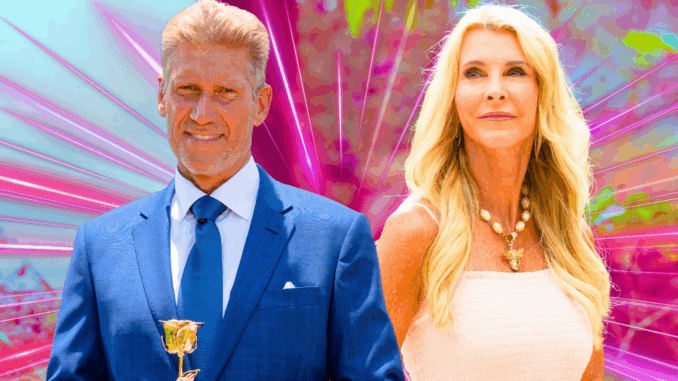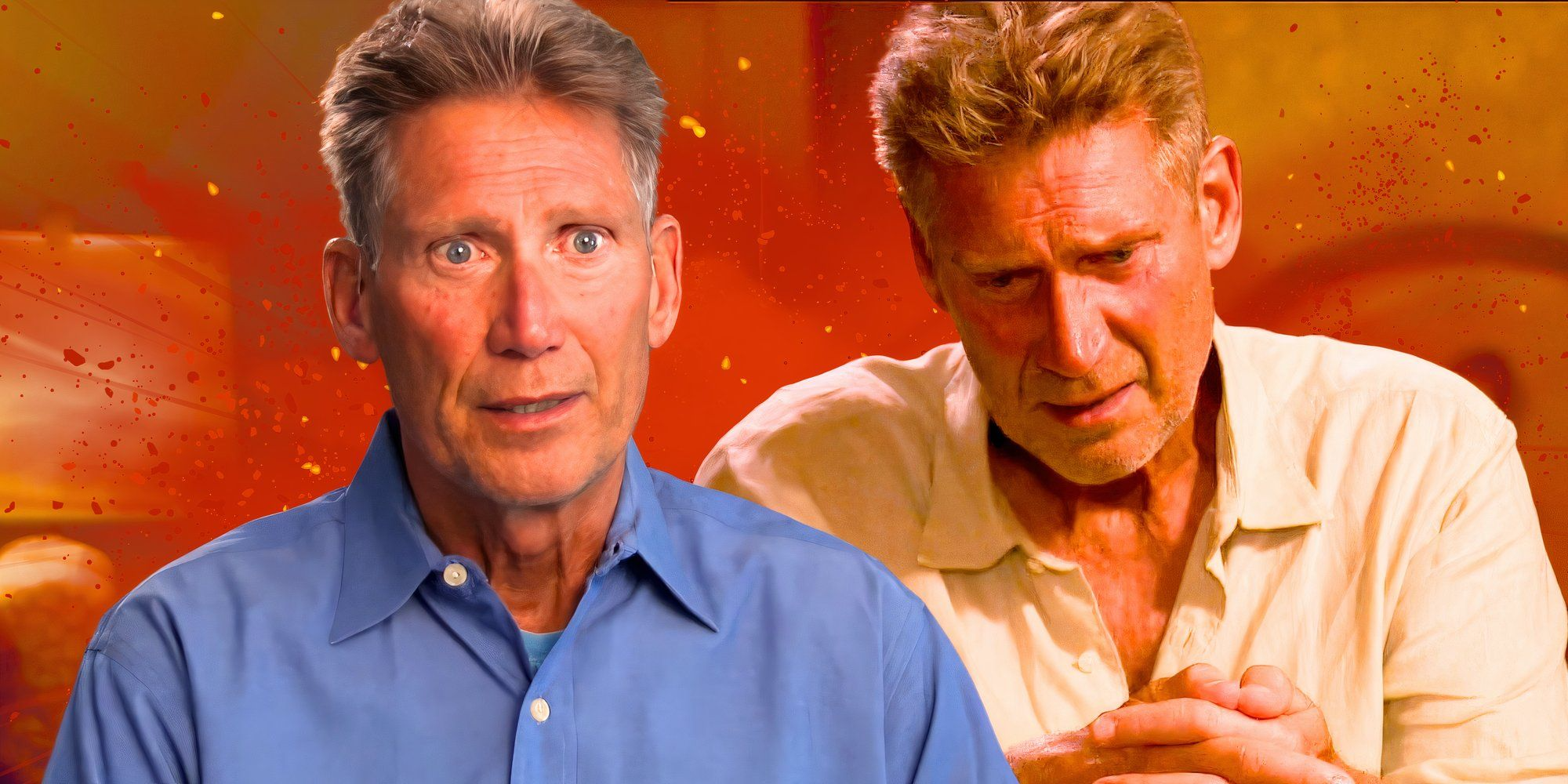
A Strong Start, But Can It Last?
When The Golden Bachelor premiered in 2023, few could have predicted the cultural wave it would spark. The idea of older adults searching for love on national television struck a chord with audiences across generations. The show’s early success, followed by the equally warm reception of The Golden Bachelorette, proved there was an appetite for love stories that begin later in life.
But as The Golden Bachelor enters its second season—and faces criticism over its latest lead, Mel Owens—questions are rising about the franchise’s long-term sustainability. Can it continue to captivate viewers, or is it already losing the very heart that made it special?
The Gerry Effect: Why Season 1 Worked
Season 1’s success was, in many ways, built on Gerry Turner. A widowed father from Indiana, Gerry brought sincerity, vulnerability, and emotional depth to the screen. His journey with the 22 “Golden Ladies” was not without controversy—especially his emotional breakup with Leslie Fhima—but viewers largely forgave him, seeing his story as a genuine search for love.
Even though his marriage to Theresa Nist ended just three months after their televised wedding, most fans still viewed him fondly. He felt real, flawed, and earnest. That connection may have set the bar too high for what followed.
Joan Vassos Raised the Standard Even Higher

If Gerry built the foundation, Joan Vassos reinforced it with integrity. As the first Golden Bachelorette, Joan brought warmth and clarity to her role. Her engagement to Chock Chapple, still thriving months after filming wrapped, stands as the franchise’s most promising love story to date.
What made Joan’s season successful wasn’t just the romance—it was her quiet dignity, her thoughtful decisions, and the respectful tone she maintained throughout. Viewers walked away feeling seen and respected, not manipulated or misled.
Mel Owens and the Risk of Breaking the Formula
The casting of Mel Owens as the new Golden Bachelor marked a turning point—and perhaps a miscalculation. A former NFL player and current attorney, Mel is not the unknown “everyman” that previous leads embodied. While his life experience is impressive, it also distances him from the average viewer.
Social media reaction was mixed, with many fans expressing disappointment in what they see as a shift toward spectacle over sincerity. Others questioned whether Mel’s background signals a return to old Bachelor tropes: fame, polish, and performative charm.
This perception—whether accurate or not—may determine how long the franchise can hold its unique identity.
What the Franchise Needs to Survive
To avoid becoming a novelty that burns out quickly, the Golden franchise must continue evolving without abandoning its core values. Here’s what that means:
-
Authentic Casting: Future leads must reflect the audience—real people with rich emotional lives, not public figures chasing renewed fame.
-
Diverse Representation: Viewers have repeatedly called for more racial, cultural, and geographic diversity. Season 2’s casting of another white, Midwestern male disappointed fans hoping for broader representation.
-
Emotional Honesty Over Drama: Unlike its parent shows, The Golden series has thrived when it emphasized genuine connection over producer-engineered twists. The producers must resist the urge to return to conflict-driven editing.
-
Respect for Age, Not Exploitation: The charm of these shows lies in how they elevate and respect the experiences of older adults. They cannot treat their stars as caricatures or comedic relief.
Opportunities for Growth
Despite concerns, the franchise still has room to grow. Spin-offs like Golden Paradise—a senior version of Bachelor in Paradise—have been rumored and could offer fun without sacrificing heart. More international casting could also appeal to broader demographics.
And most importantly, the success of Joan and Chock proves that long-term love stories can still emerge, even in a televised setting.
If ABC listens to its audience, keeps the stories honest, and prioritizes emotional richness, The Golden Bachelor could become more than a surprise hit. It could be a defining pillar of the Bachelor universe.
The Final Rose: What Comes Next?
The future of The Golden franchise may hinge on the reception of Mel Owens’ full season. If viewers see growth, vulnerability, and a meaningful connection unfold, the franchise will prove its resilience. But if the season is viewed as a step back—a glossed-over version of a story once rooted in authenticity—the format could suffer a sharp decline.
Ultimately, the franchise’s survival depends on whether it can stay true to what made it special: the idea that love is timeless, and that life after 60 is still worth celebrating.
Because in the end, the real golden years might just be the ones that remind us how to love again.